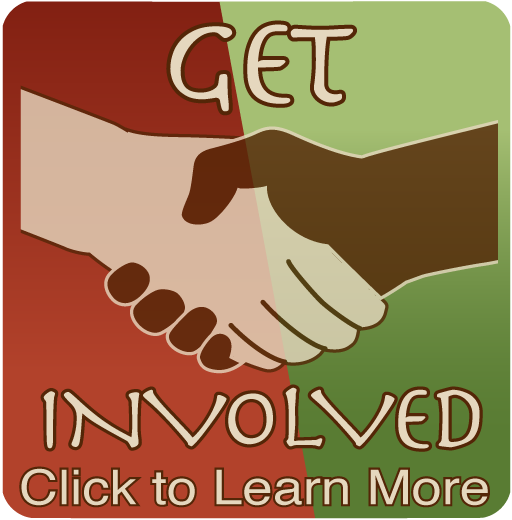Should African Countries Aim to Become like the US or Japan?
 Friday, March 18, 2011 at 11:44PM
Friday, March 18, 2011 at 11:44PM  I am sitting here in a hotel room in Juba, South Sudan, and I’m somewhat overwhelmed by the mountain of challenges that this new nation is facing. It is estimated that the 20 year civil war which ended recently claimed 2 million lives, and an estimated 4 million were displaced either internally or externally. It is a hot day in Juba – almost 45 degrees – and I am drinking from a chilled bottle of water, watching on television the unfolding nuclear nightmare in Japan. Not in recent history have we had such a flurry of big issues sweeping the world headlines in such a short period of time.
I am sitting here in a hotel room in Juba, South Sudan, and I’m somewhat overwhelmed by the mountain of challenges that this new nation is facing. It is estimated that the 20 year civil war which ended recently claimed 2 million lives, and an estimated 4 million were displaced either internally or externally. It is a hot day in Juba – almost 45 degrees – and I am drinking from a chilled bottle of water, watching on television the unfolding nuclear nightmare in Japan. Not in recent history have we had such a flurry of big issues sweeping the world headlines in such a short period of time.
First, we were rivetted by the elections in Ivory Coast. Two people declared themselves winners in a disputed presidential election. We all held out breaths, afraid of the almost eminent explosion of violence and the instability that a civil war could cause for the whole West Africa region. Then, seemingly out of nowhere, Tunisia erupted. The cameras moved with speed and fed us images of the amazing potential of people power. The President of Tunisia fled the country, and the government collapsed like a pack of cards.
But it didn’t stop there. Egyptians seized the moment and decided to do what no one could have imagined possible just a few months earlier. The throngs on the streets of Cairo brought the world to a virtual standstill. Could they do it? Would they do it? They did it. President Mubarak, the corrupt strongman who had ruled Egypt with an iron fist for 30 years finally gave in. People power had done it again.
And so the new trend began to sweep across the Arab world. Anything was possible now. They Yemenis, the Saudis, the Bahrainians, the Arabs in Khartoum and who knows where – everyone wanted to join in the party. Libya’s Muammar Muhammad al-Gaddafi – decided enough was enough, and he vowed to bring down the infidels. With brute force, his army descended on the people of Libya with no hesitation about killing.
By this time, the Ivory Coast crisis had been long forgotten. The world stopped and gawked at the evil that can reside in one man. Would the world community do more than issue condemning statements? Where was all this leading? And how long would it be before the chaos would spill southward to the Sub-Saharan nations?
Before we could think, the earth quake struck in Japan. And then the tsunami. I was beginning to get dizzy. The nuclear reactor story was shaping up to be another show stopper. The threat of a nuclear meltdown, and the implications for the people in that region was frightening. As panic began to quietly spread, analysts have started estimating the implications for the world economy. Wasn’t it just the other day when we were talking about a global economic crisis?
So many questions swirling around my head as I sit here in this dusty capital city of a start-up nation that is just beginning to define itself. What vision would I cast for this country if I had the opportunity to lead it? And what does development really mean for a country like Sudan? Should this country’s goal be to one day become like the United States or Japan?
What do you think? Join us for a discussion on Facebook.





Reader Comments (1)
Very great topic. I wonderful that I found this post.
sbobet
sbo